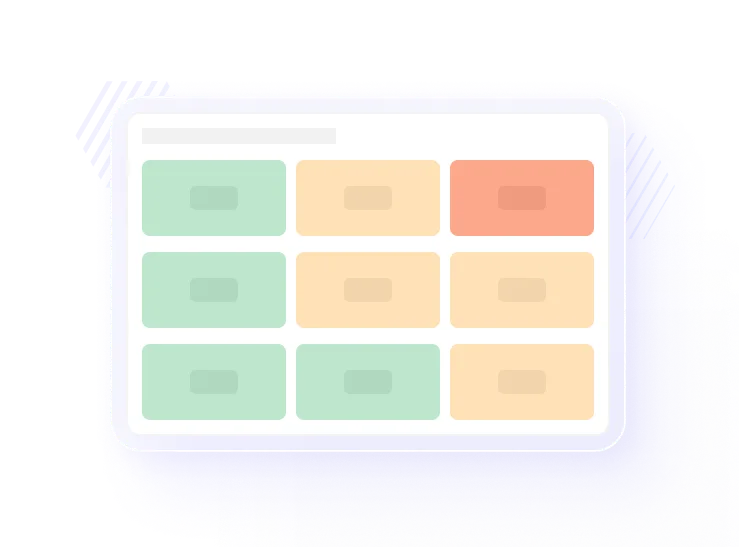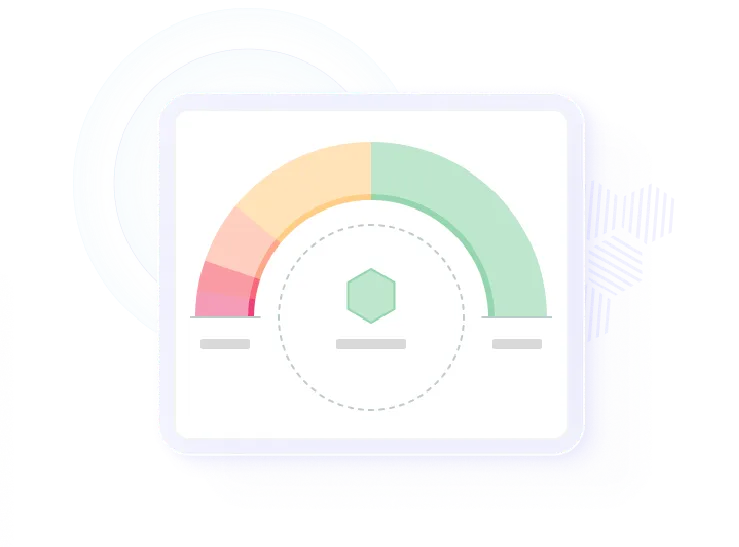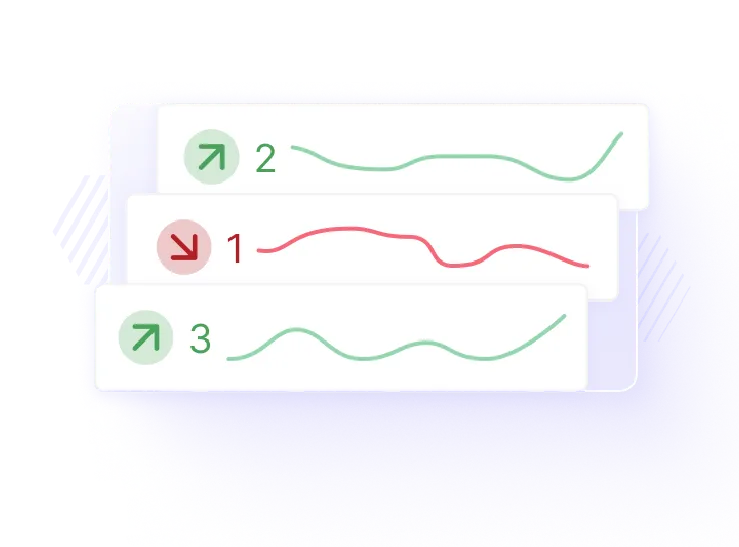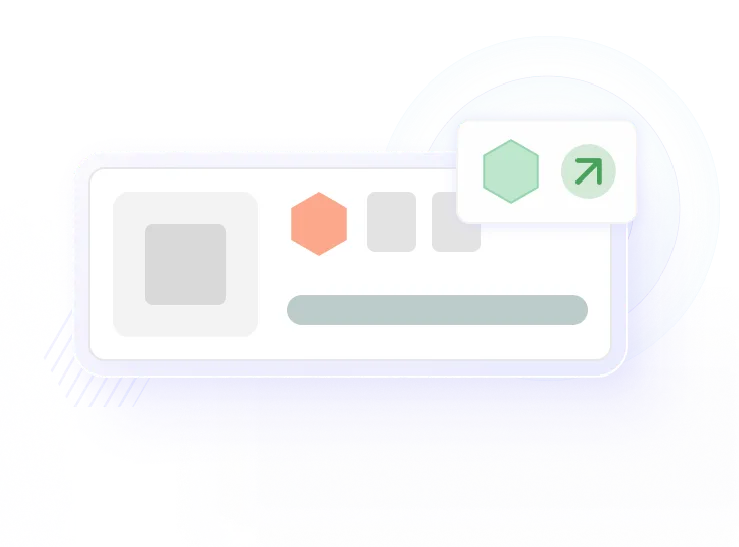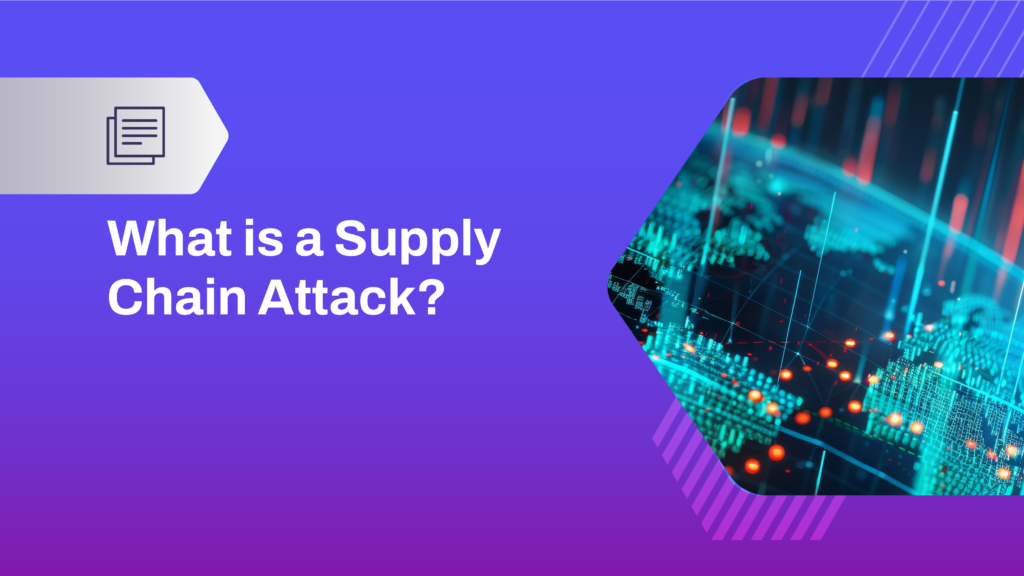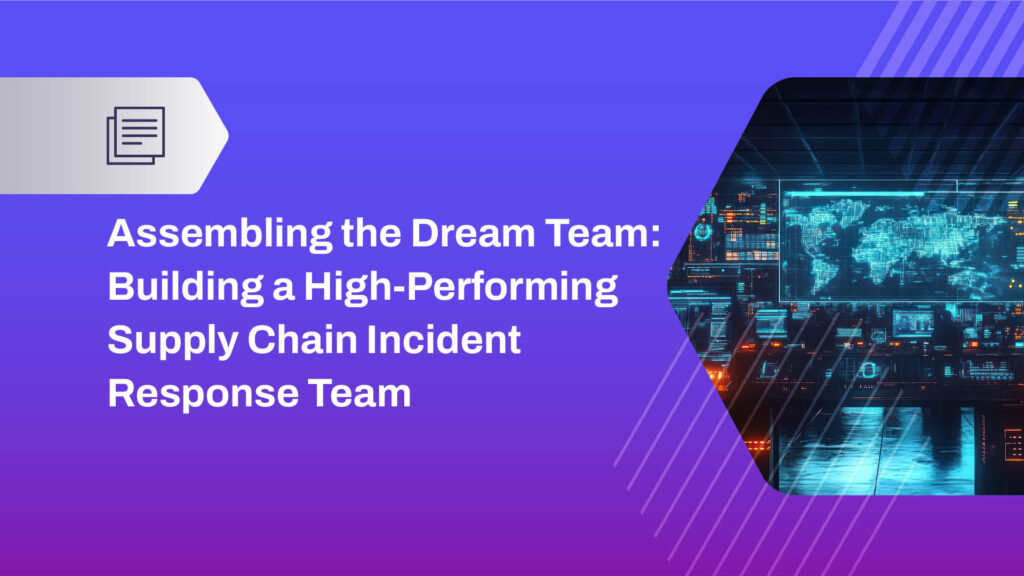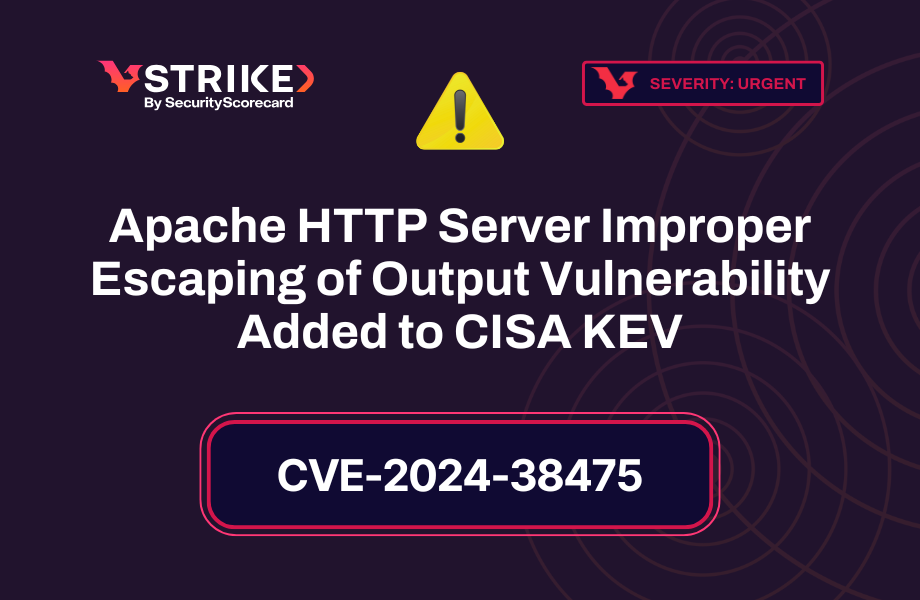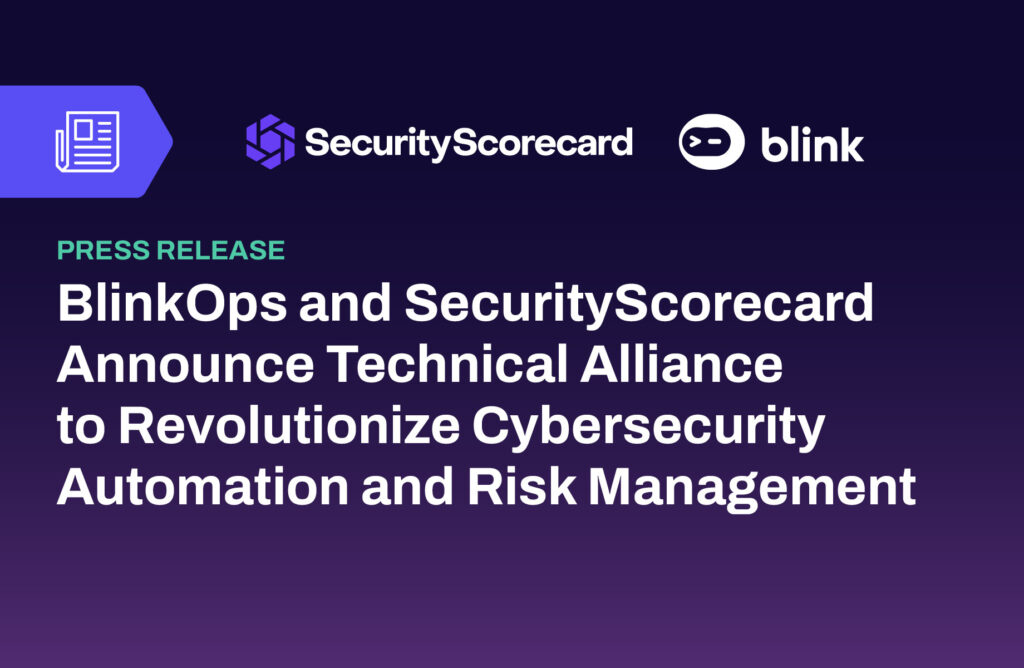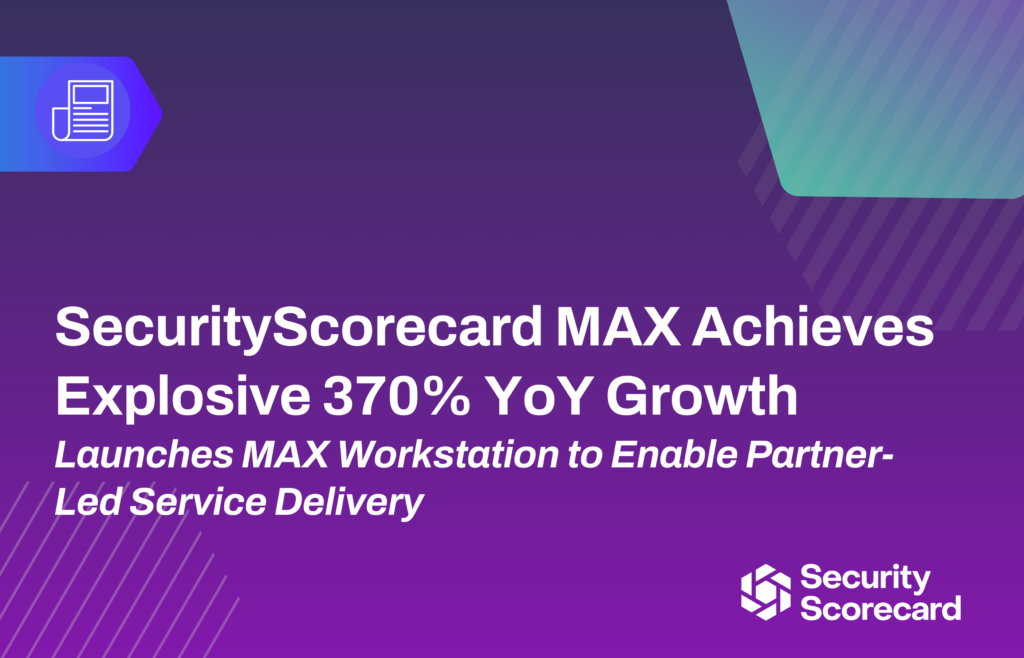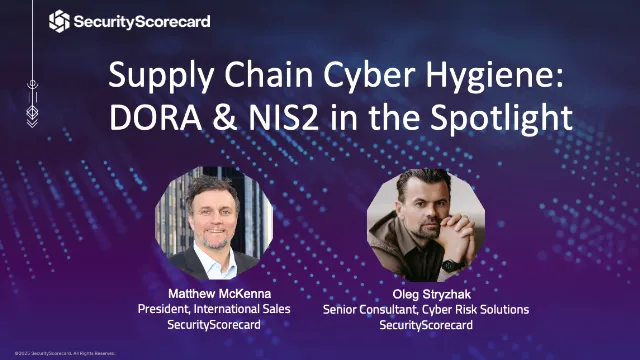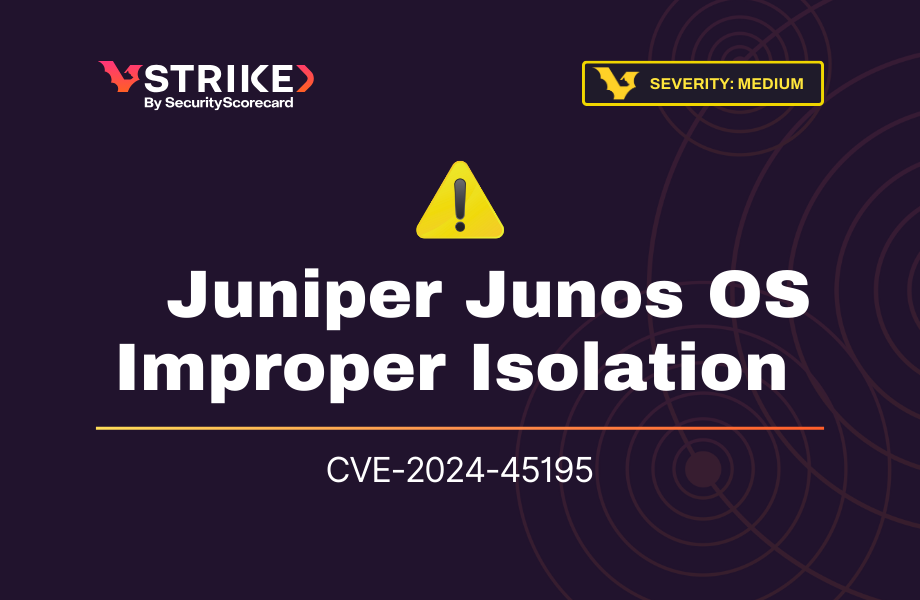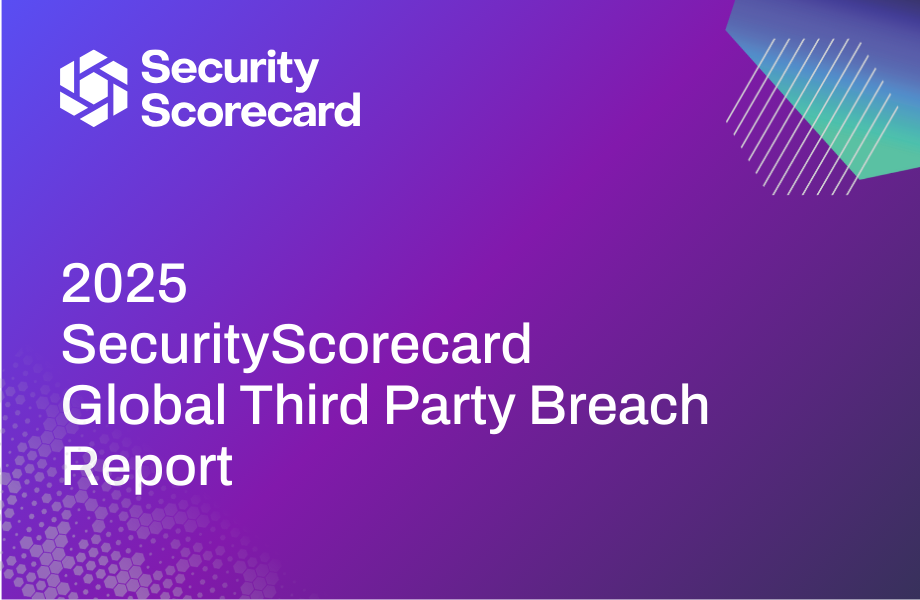Supply Chain Detection and Response
SCDR enhances the identification of critical issues, improves vendor responsiveness, and accelerates incident resolution.
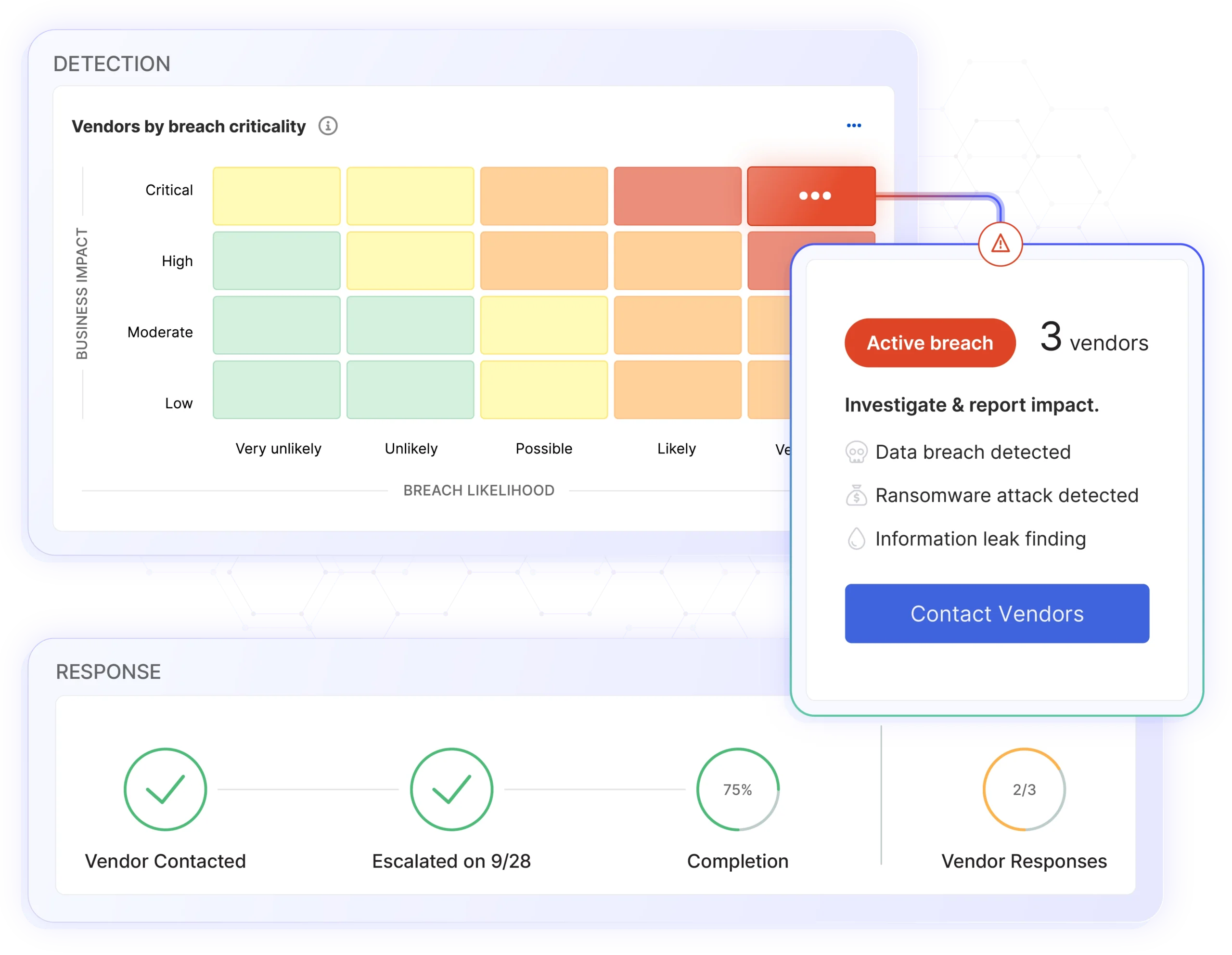
Trusted by the best customers in the world
Identify and resolve supply chain risks
Supply Chain Detection and Response (SCDR) empowers security teams to actively prevent third-party breaches by enhancing the security posture of both their organization and their suppliers. SCDR solutions deliver powerful tools to identify security issues within the supplier ecosystem, facilitate collaboration, and empower suppliers to drive effective remediation.
-

Detect and resolve
Identify and remediate zero-day and critical issues in your supplier ecosystem in 48 hours or less
-

Streamline vendor communication
Remove friction in vendor collaboration process and reduce issue resolution time by 90%
-
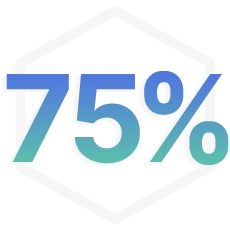
Improve cybersecurity posture
Reduce third-party breaches by 75% and improve the cybersecurity posture of your supply chain


Take supply chain cyber risk management to the MAX
MAX is a comprehensive managed service that proactively identifies critical cybersecurity vulnerabilities and issues throughout your entire supply chain. Once identified, MAX collaborates closely with your team and vendors to promptly address and resolve these vulnerabilities, fortifying your supply chain defenses against potential compromises.
When it comes to supply chain cyber risk, MAX has your back.
Explore MAXCritical capabilities
Proactively manage supply chain cyber risks, anticipate and adapt to evolving threats, and maintain a resilient security posture with SecurityScorecard.
Hear from our customers
-
"SecurityScorecard has helped us mature our understanding of how events occur, what could be potential threats, and how to get in front of them before they cause damage. We know that breaches can cost millions. SecurityScorecard and MAX help us prevent that from happening."
Cybersecurity Analyst, Coca-Cola Bottling Sales & Services Jeff McCrae1 / 0 -
"A TPRM program supported by security ratings is essential for developing security controls, but it is not equipped to operationalize risk and threat intelligence to reduce the frequency and severity of third-party cyber incidents. The implementation of MAX strengthens security by powering teams of supply chain incident responders who can work directly with vendors to quickly resolve issues."
Chief Security Officer (CSO), NetApp Mignona Cote1 / 0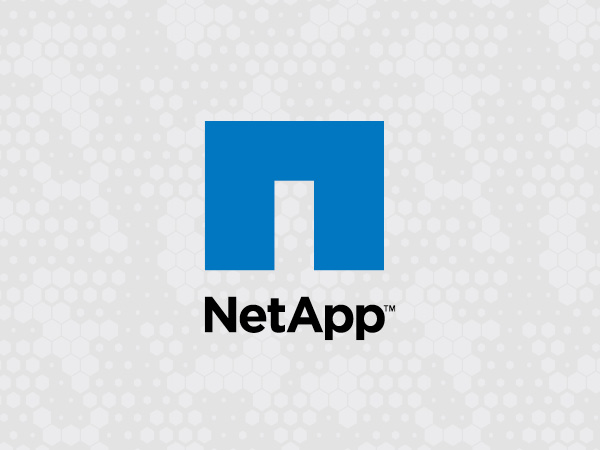
-
“SecurityScorecard has allowed me and my team to automate and scale many of the functions of our vendor risk management program as well as continuously monitor their internal and third-party security posture.”
Chief Information Security Officer, Virgin Pulse1 / 0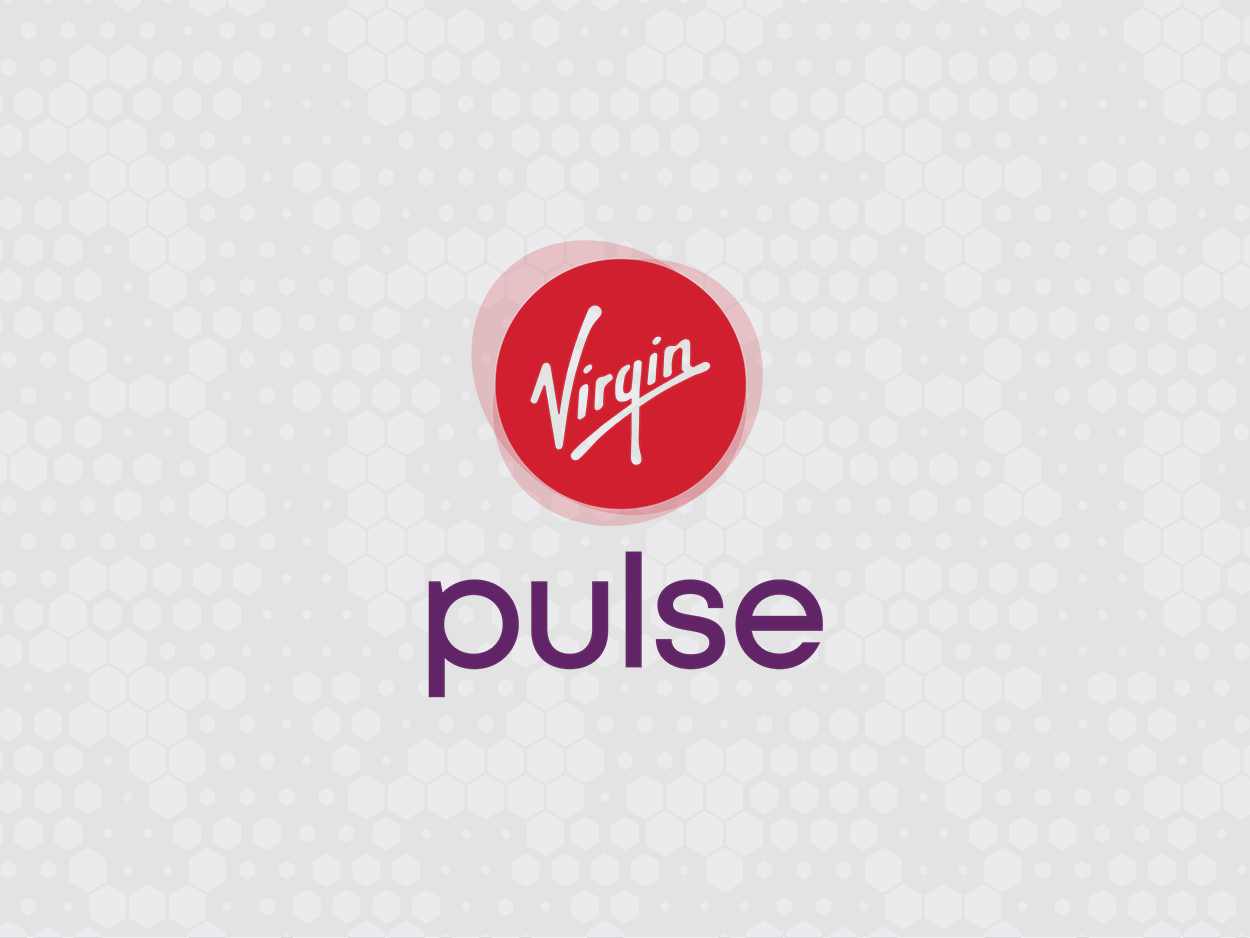
-
“We’re extremely impressed with SecurityScorecard’s capabilities and our case wouldn’t be where it is today without CRI and the STRIKE team.”
U.S. LAW ENFORCEMENT AGENCY1 / 0















